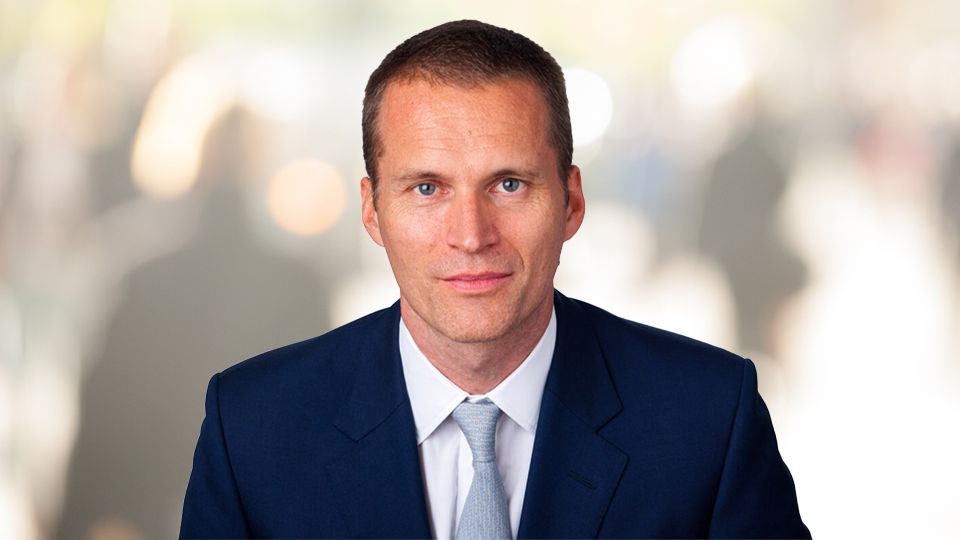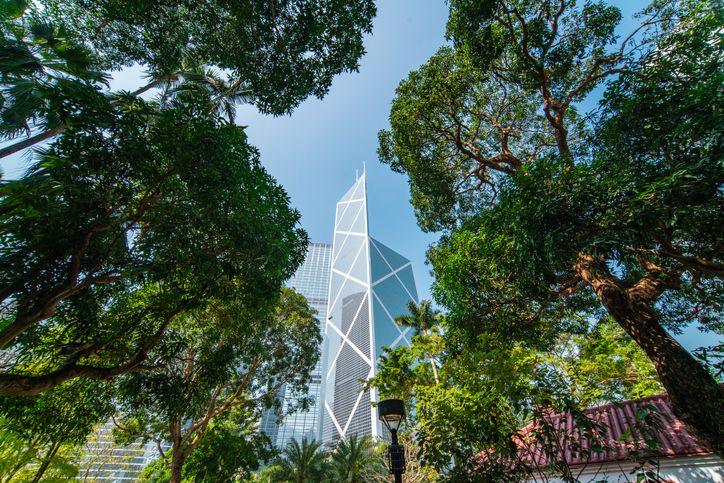Amid a tough year for ESG investing, ESG Clarity Asia sits down with Jakob Nilsson, executive director, head of distribution, Asia Pacific at Federated Hermes, at his offices in Singapore, to talk flows, impact investing, private markets, and products in the region.
What has ESG activity in Asia been like recently?
[ESG activity] has dipped off a bit this year, mainly due to market activity in general because it’s been a difficult and challenging environment from that perspective.
But one of our largest global clients, which is a very large Swiss institution, has done a fantastic job in taking the sustainable investing story to their clients. And it’s really resonated with those clients in Asia Pacific, actually.
So, there’s been significant flow from the region into [sustainable] global products. We don’t have any dedicated sustainable products in Asia [but we have sustainable global strategies].
Will there be a move beyond global sustainable strategies in Asia into more regional ones?
There’s definitely a desire for more. There’s always a local bias, just like people buy European funds in Europe or US funds in the US. People in this part of the world will obviously want to have a natural exposure to either their home market or just this region more generally.
That’s a problem in certain asset classes, for example, credit, where it’s a much narrower market, so it’s difficult to have a diversified portfolio if you’re excluding certain sectors.
There are increasing options in that space. One of the big trends we’re seeing that is accelerating is the desire to split China from general equity or Asia ex-Japan equity. There are a couple reasons for this: one is it’s a huge market in its own right; but also, people want to isolate exposure and perhaps dial it up or down depending on factors that may or may not be investment related, such as political concerns.
Look out for more on this in an upcoming article in ESG Clarity Asia sister title Fund Selector Asia.
There would be a lot of interest in some sort of sustainable China Fund or Impact China Fund or ESG China Fund, but that’s certainly somewhat of a challenging thing to put in place, because of some of the structural constraints but that’s the direction we’re thinking about.
What will be the next frontier for ESG investing in Asia?
There will be more on the impact side, which measures non-financial outcomes as well as financial performance. That’s where the more inspiring stories are coming from.
We’ve been working very hard on how we show investors in the market what that non-financial impact is. For example, our impact database is able to show investors what their investments are doing for humanity, waste reduction, carbon etc.
Also private markets – we’re thinking a lot about how we can bring sustainable investing best practice into what we do on the private market side. Private equity and infrastructure are particularly interesting – obviously there’s wind and solar farms and renewable infrastructure activity. It’s something particularly here for markets like Australia, which are keen to hear more about it.









